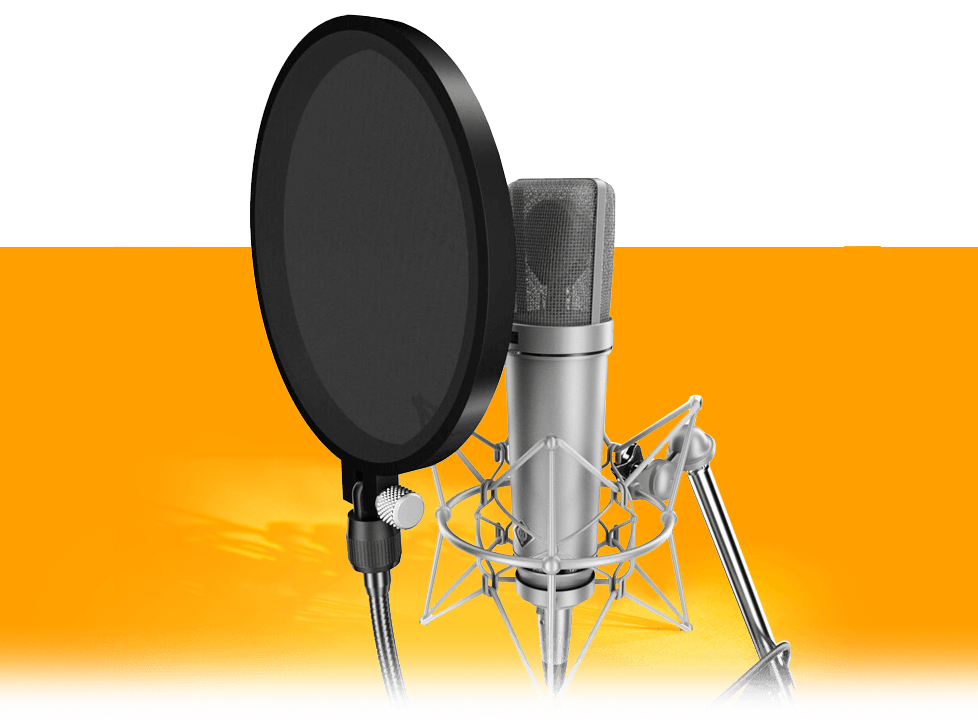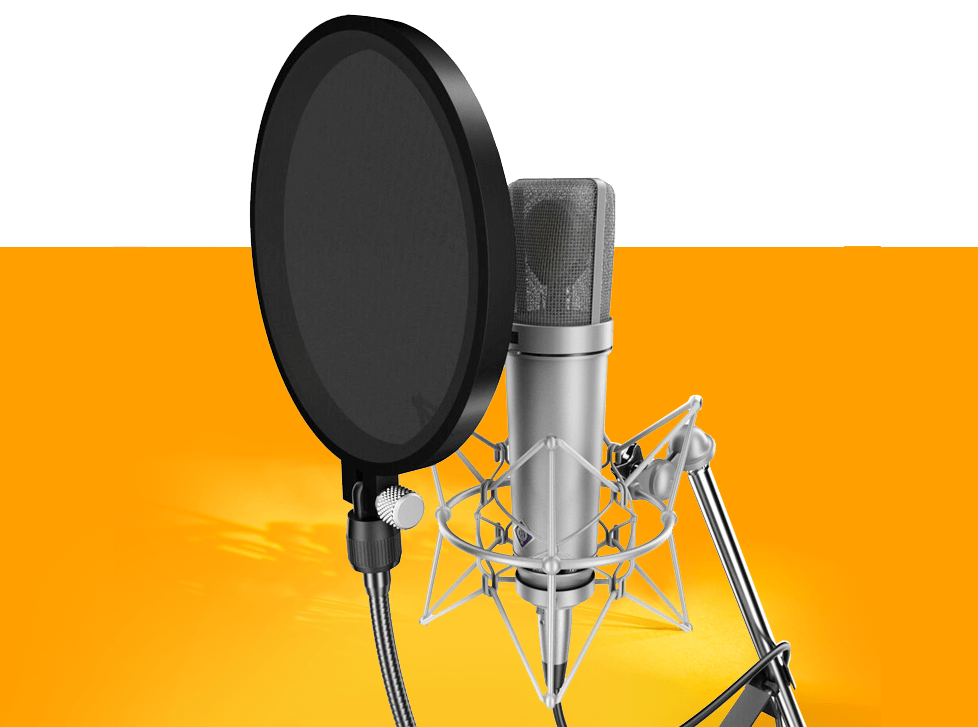Here Are 4 Six-Figure Jobs You Can Get With a Music Production Diploma
Jeremy Alves | January 18, 2019
You’ve got the diploma, but now what? Today’s music industry is becoming increasingly fickle and competitive. As the world enters further and further into the digital age, old jobs become obsolete and new jobs that require multiple skills and a large breadth of knowledge are becoming the norm.
It can be overwhelming trying to figure out what to do with the education you’ve just received, but don’t worry, we’re here to help you put that knowledge to good use. Here are 4 six-figure jobs you can get with a music production diploma.
1. Mastering Engineer
Before music reaches your ears, it has to go through a lengthy production process. This process starts with the writer, who then either sells their song to someone else or records it themselves. Next is the recording phase, which is done in a record studio. After that it goes through a bunch of other people, such as audio engineers, sound mixers, and last but certainly not least, the mastering engineer.
A mastering engineer is responsible for taking audio that has been previously mixed, and preparing it for distribution. The audio is prepared for either CD, Vinyl or streaming audio.
While there are no official requirements to become a mastering engineer, typically those in the business have a comprehensive knowledge of audio engineering and usually a large portfolio of work experience under their belt.
It’s typical for a mastering engineer to charge anywhere from $500 – $1,000+ per album, which, if they are mastering over 3 albums a week, equates to a comfortable six-figure per year salary.
2. Music Supervisor
A music supervisor oversees all music aspects of a particular project, whether it be for a film, TV show, video game or commercial. Music supervisors get to select the songs used in movies and TV shows, but also have to deal with obtaining the rights to use a certain song in a project, or collecting and distributing royalties from music used in the film.
Along with managing the music and sound team, a music supervisor is also responsible for booking the talent for recordings. It is also a music supervisor’s job to communicate between the company they work for and the music publishing company.
In a music supervisor role a person could bring in anywhere between $10,000 to $45,000 for a low-budget film and a whopping $150,000 to $500,000 for a big Hollywood blockbuster.
3. Recording Engineer
A recording engineer is one of the most pivotal roles when it comes to the production of music. They are responsible for setting up and operating the recording equipment that is used to capture the sound of an album.
Recording engineers use various techniques and audio effects including equalization, mixing, reinforcement and sound reproduction. Essentially, they make the song sound the best that it can.
Recording engineers also can do set up, sound check and live sound mixing for concerts, theatre and sports games.
While many recording engineers work as freelancers, if you work hard enough and build up a portfolio of top-quality work with well-known clients, it becomes easier to turn your freelance gig into a six-figure job. Recording engineers typically make anywhere from $25,000 per year, with the top ones making $150,000 plus per year.

4. Video Game Sound Designer
A video game sound designer is the person who creates and manipulates audio elements for a particular game. Because the video game world is huge and constantly growing, this is a good area to break into while you still can.
Being a video game sound designer is actually an extremely technical job. You often have to have a degree in audio production or engineering, and you also need to have a lot of experience under your belt. This experience can be gained through self-taught learning tools such as online tutorials, books and videos, and it can also be gained through freelance work and working closely with other professionals in the industry.
Video game sound designers also have to be prepared to work long and tiring hours when working on a particular project. That’s why they get paid the big bucks, however, as video game sound designers can easily make upwards of $120,000 per year depending on the projects.
It’s very unlikely that you will graduate from school and land yourself a six-figure job straight out of the gate. Don’t expect to land a job at your dream company in your dream position right away. Most high-paying jobs require a mix of education and a lot of experience. Make sure to learn from every job you have on the way to your dream job. Gaining relevant experience and making notable connections along the way will be the best thing you can do to advance your career. If you apply yourself to perfecting your craft, work hard everyday and take the opportunities that do come your way, you will find yourself where you want to be in no time.

Ready to Start?
OIART's Audio Program Includes:
✓ Small Class Sizes
✓ On Site Facilities
✓ Industry Leading Instructors
✓ Post Grad Support & Guidance
✓ Exclusive 11 Month Program
Top Reasons Why You Should Choose OIART.
Have Questions?
If you have questions about our audio engineering and music production program or would like to book a tour, we would be pleased to speak with you.
Text Us: 519.200.4151
Share This With a Fellow Music Lover
Apply in 4 Steps!
Step 1: Click apply now.
Step 2: Answer 8 questions about yourself.
Step 3: Upload supporting documents.
Step 4: That's it! You are done.
Share this with fellow music lovers


